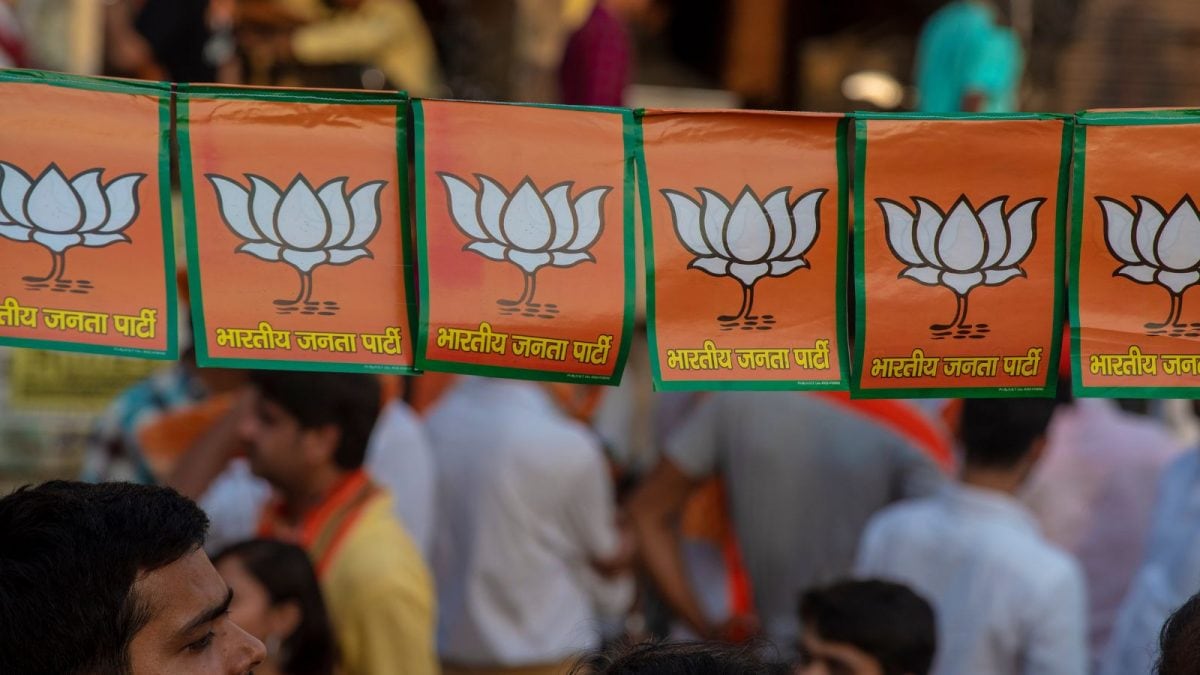Riding a wave of strong support after the impeachment and removal of his predecessor Yoon Suk Yeol, South Korea’s new President Lee Jae-myung is unlikely to enjoy a smooth start. As the Liberal leader takes office today, he inherits a nation scarred by martial law and a heavy burden left behind by his predecessor.
He faces one of the most formidable sets of challenges any South Korean leader has encountered in the past three decades – tariff threat from Donald Trump, nuclear-arm neighbour Kim Jong-un, political turmoil and South Korea’s own economic slump. The list is long and the hopes are high.
Lee won 49.42 per cent of the nearly 35 million votes cast while conservative rival Kim Moon-soo took 41.15 per cent in the polls that brought the highest turnout for a presidential election since 1997, according to National Election Commission data.
And Lee has made clear his first priority.
“The first mission is to decisively overcome insurrection and to ensure there will never be another military coup with guns and swords turned against the people. We can overcome this temporary difficulty with the combined strength of our people, who have great capabilities,” Lee said.
Fixing economic slump
In his victory speech, Lee Jae-myung said on the first day of office, he would address urgent economic challenges facing the country with a focus on the cost-of-living concerns affecting middle and low-income families.
Struggles of small business owners would also be a priority.
Trump tariff threats
He also faces a deadline set by the White House on negotiating import duties that Washington has blamed for a large trade imbalance between the countries.
Just as Lee Jae-myung took oath of office, South Korea’s crucial steel and aluminum exports are expected to be hit by steep levies of 50 per cent as part of US President Donald Trump’s tariff bonanza.
South Korea was the fourth largest exporter of steel to the United States last year, accounting for 13 per cent of its total steel imports.
During his campaign trails, Lee Jae-myung had stressed that while there was “no rush” to make a deal but South Korea needs to “start negotiations on tariffs immediately”.
If a deal is not made, the tariffs could “trigger an economic crisis,” his adviser had said.
Plus, the US also promised South Korea security in case of an attack from North Korea. There are 28,500 US troops stationed in the country.
Back in April, Donald Trump said on Truth Social that during tariff talks with South Korea, the two countries discussed “payment for the big time military protection we provide.”
Nuclear-armed North Korea
Despite North Korea’s growing ties with Russia with Kim Jong-un sending thousands of troops to fight Vladimir Putin’s war, President Lee has signaled a shift from predecessor Yoon’s hardline approach, hinting at a new direction in inter-Korean policy.
During his campaigns, Lee accused his predessesor of provoking North Korea to justify his martial law bid.
Referring to North Korea destroying roads and railways connecting North to South and also building walls near the border, Lee said, “Wasn’t it out of fear that the South might push up with tanks that North Korea built those tank barriers?”
Lee has suggested his country should pursue friendlier ties with Beijing, a long-time backer of Pyongyang.




